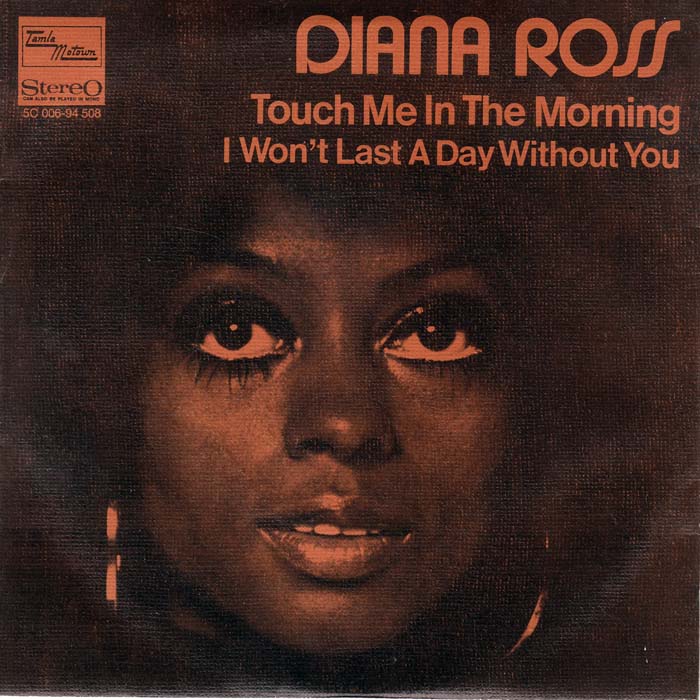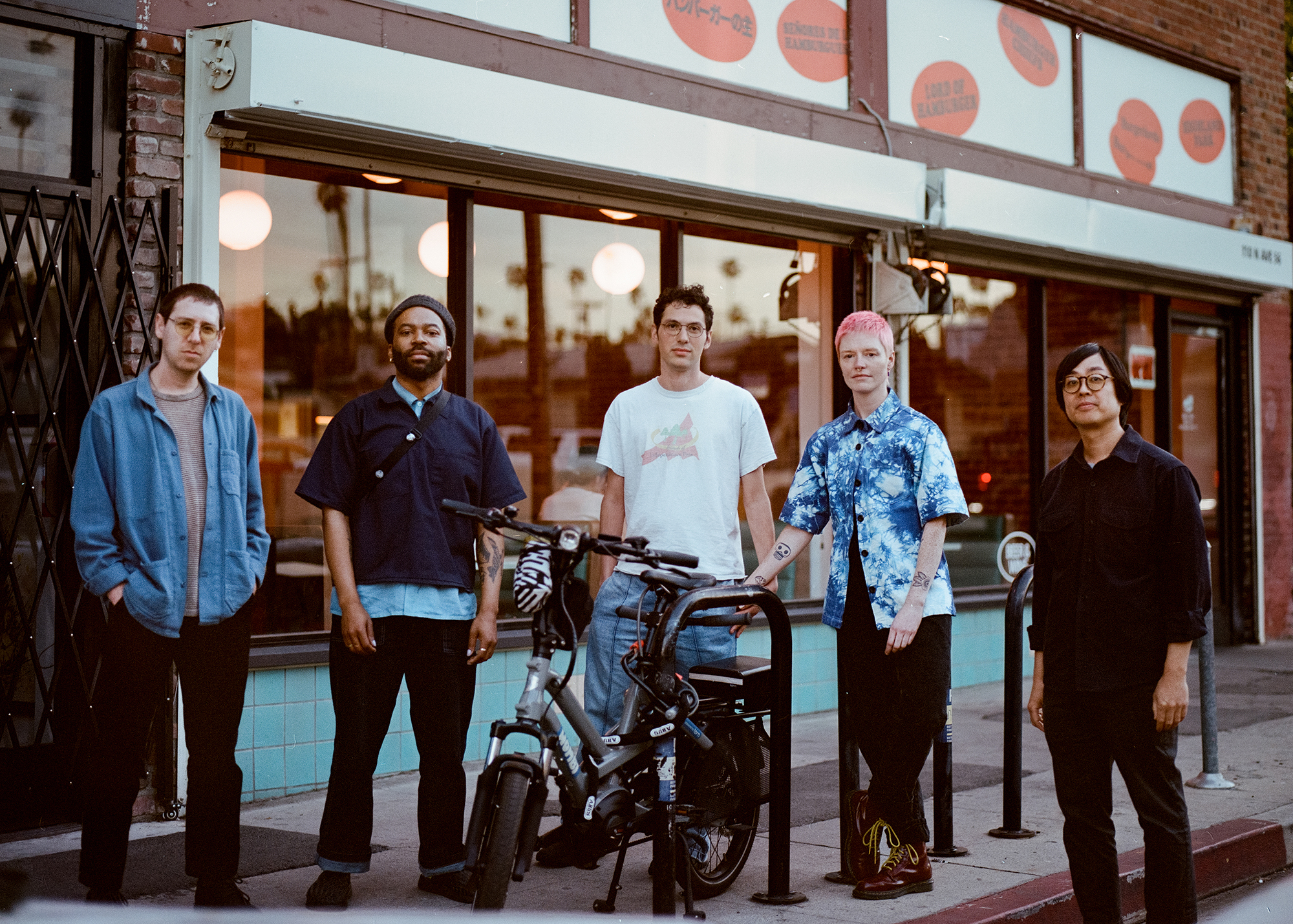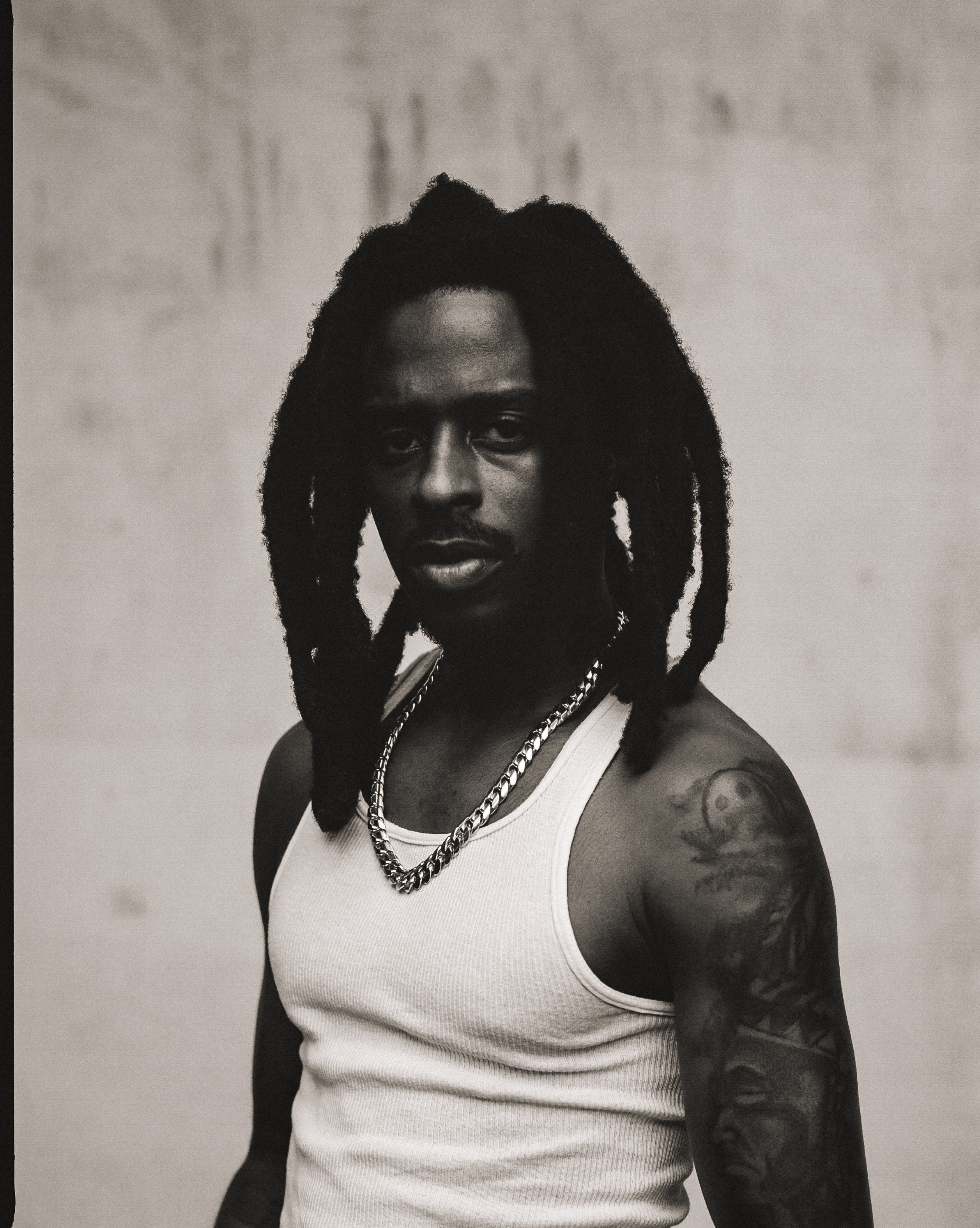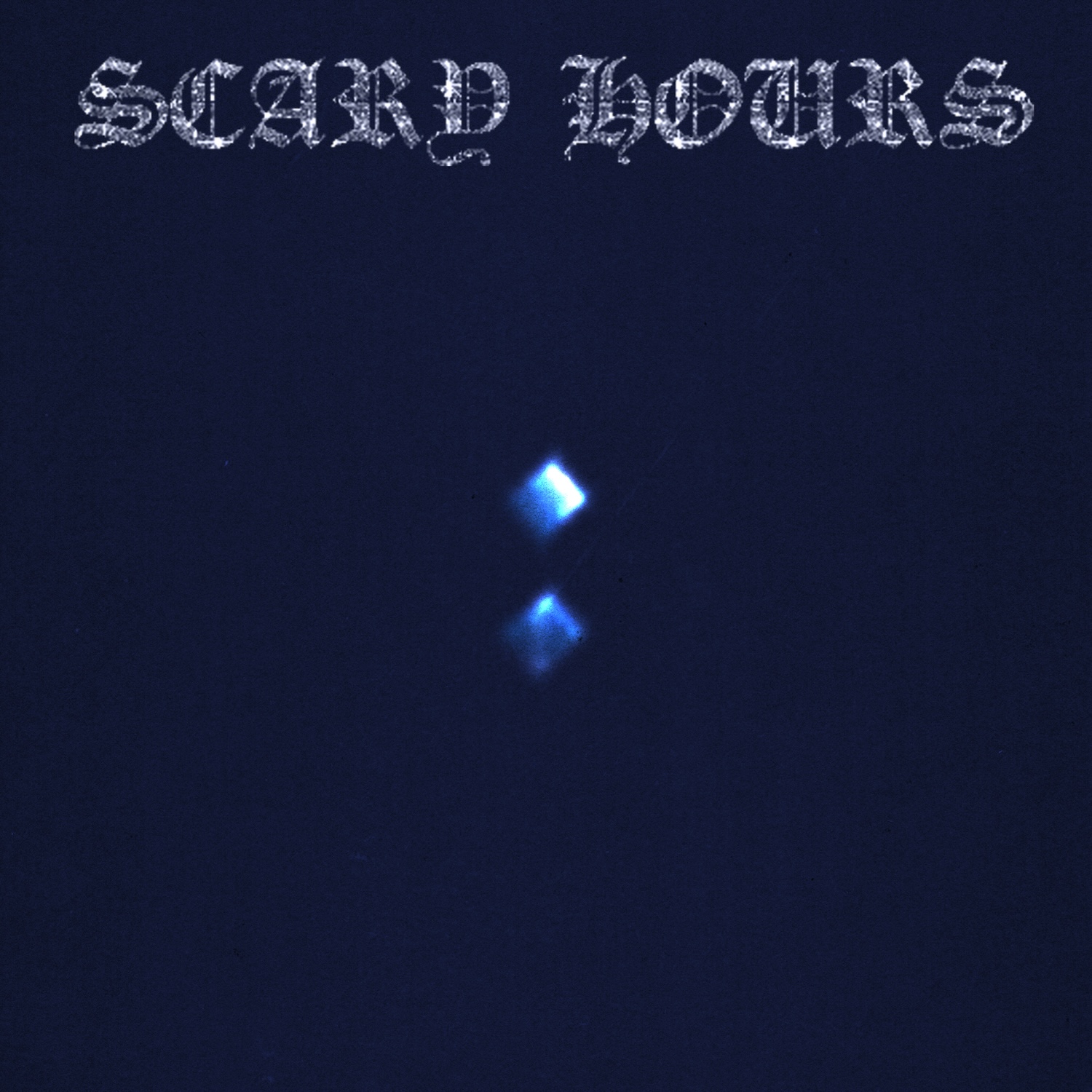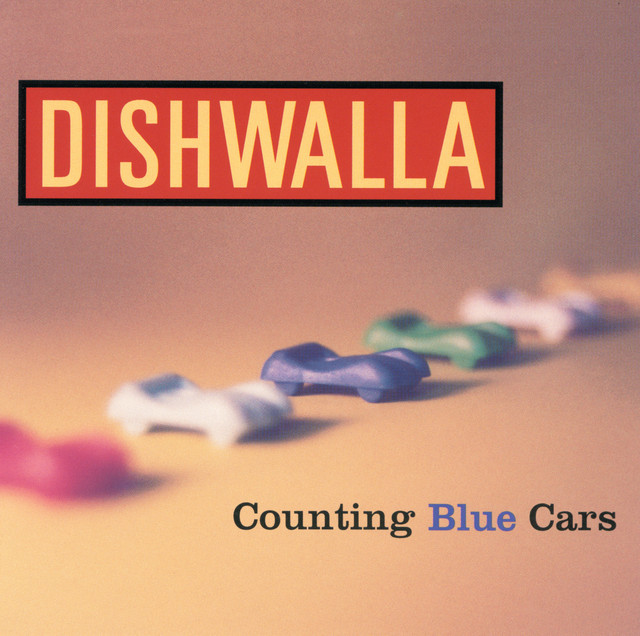In The Number Ones, I'm reviewing every single #1 single in the history of the Billboard Hot 100, starting with the chart's beginning, in 1958, and working my way up into the present.
Diana Ross - "Touch Me In The Morning"
HIT #1: August 18, 1973
STAYED AT #1: 1 week
Diana Ross always made sexy music, but for about the first decade of her career, she wasn't really making music about sex. In the early '60s, when the Supremes first broke out, nobody really was. But in the midst of the early-'70s sexual revolution, songwriters stopped feeling like they had to hide sex behind implication and allegory. And this turned out to be perfect for Diana Ross, who was great at giving the impression that she was gradually, ecstatically losing her composure. And maybe that's why she kept thriving so long after most of her peers. For Diana Ross, a song like "Touch Me In The Morning," which is clearly and plainly about morning sex and about extending a one-night stand just a little bit further, didn't sound like a stretch. It sounded natural.
"Touch Me In The Morning" had a lot riding on it. After she'd spent the '60s tirelessly cranking out Supremes albums, Ross had gone solo and landed at #1 with one of her first singles as a solo artist. But then the hits stopped coming. After "Ain't No Mountain High Enough," Ross released a bunch of singles that landed outside the top 20, which was a new thing for her. And her attentions were elsewhere.
In 1972, Ross had starred in her first movie, the Billie Holiday biopic Lady Sings The Blues. She'd always been an actress, in a sense. Every Supremes hit had been about inhabiting a character, convincing her audience that she was going through whatever situation the Motown songwriting machine cooked up for her. But even with that in mind, Lady Sings The Blues was a bigger success than anyone had any right to expect. It was Ross' first time acting onscreen, and she was nominated for a Best Actress Oscar. She pulled a Lady Gaga -- or a Lady Gaga if Lady Gaga hadn't been in American Horror Story or Sin City: A Dame To Kill For or Machete Kills. (Ross lost the award to Cabaret's Liza Minnelli.) If Ross wanted to, she could've become a full-time movie star. Instead, she came back to pop stardom like she'd never left it.
"Touch Me In The Morning," Ross' second solo #1 and her first in almost three years, came from Ron Miller and Michael Masser, two white songwriters who had joined the Motown braintrust. (Masser, who co-produced, went on to become one of Ross' favorite collaborators.) Where "Ain't No Mountain High Enough" had been a slick and symphonic '70s-pop version of a '60s soul song, "Touch Me In The Morning" is pretty much just a straight-up slick, symphonic '70s pop song. (It's Ross' first #1 on the Adult Contemporary chart.) The song nods at the orchestral soul of Ross' past, and it's got a few great Motown touches, like the spidery guitar line and the occasional bursts of horn. But it's got as much to do with gooey AM-radio balladry as it does with, say, Ross' labelmate Stevie Wonder.
But what makes the song work is Ross herself. She starts the song with a languid invitation: "Touch me in the morning, then just walk away / We don't have tomorrow, but we had yesterday." As the song builds, that invitation becomes more of a plea: "If I'm going to be strong, don't you know I need to have tonight?" Ross handles those emotional changes beautifully, floating lazily over the track but then putting on a burst of desperation as things ramp up. The spoken-word bits are Ross trademarks, and they work as another showcase for those acting chops, turning the song into an operatic radio play.
Masser has said that Ross found "Touch Me In The Morning" especially challenging to sing, and she had to put everything she had into those vocal takes. But she makes it all sound effortless, which is a real testament to how good she was at selling the songs. The song itself, which keeps dissolving whenever it's about to get somewhere, isn't as good as the vocal performance that Ross gives it. In the end, "Touch Me In The Morning" works as (ahem) a dry run for the sex-music that Ross would soon make. It's a sign that she knows what she's doing, an adaptation to a new era. In the years afterward, she'd put those skills into making a couple of pop masterpieces.
GRADE: 6/10
BONUS BEATS: Here's Big Youth's spaced-out 1976 reggae cover of "Touch Me In The Morning":
BONUS BONUS BEATS: Here's 9th Wonder flipping a "Touch Me In The Morning" sample on "Make It Big," a Khrysis collab from his 2011 album The Wonder Years:
